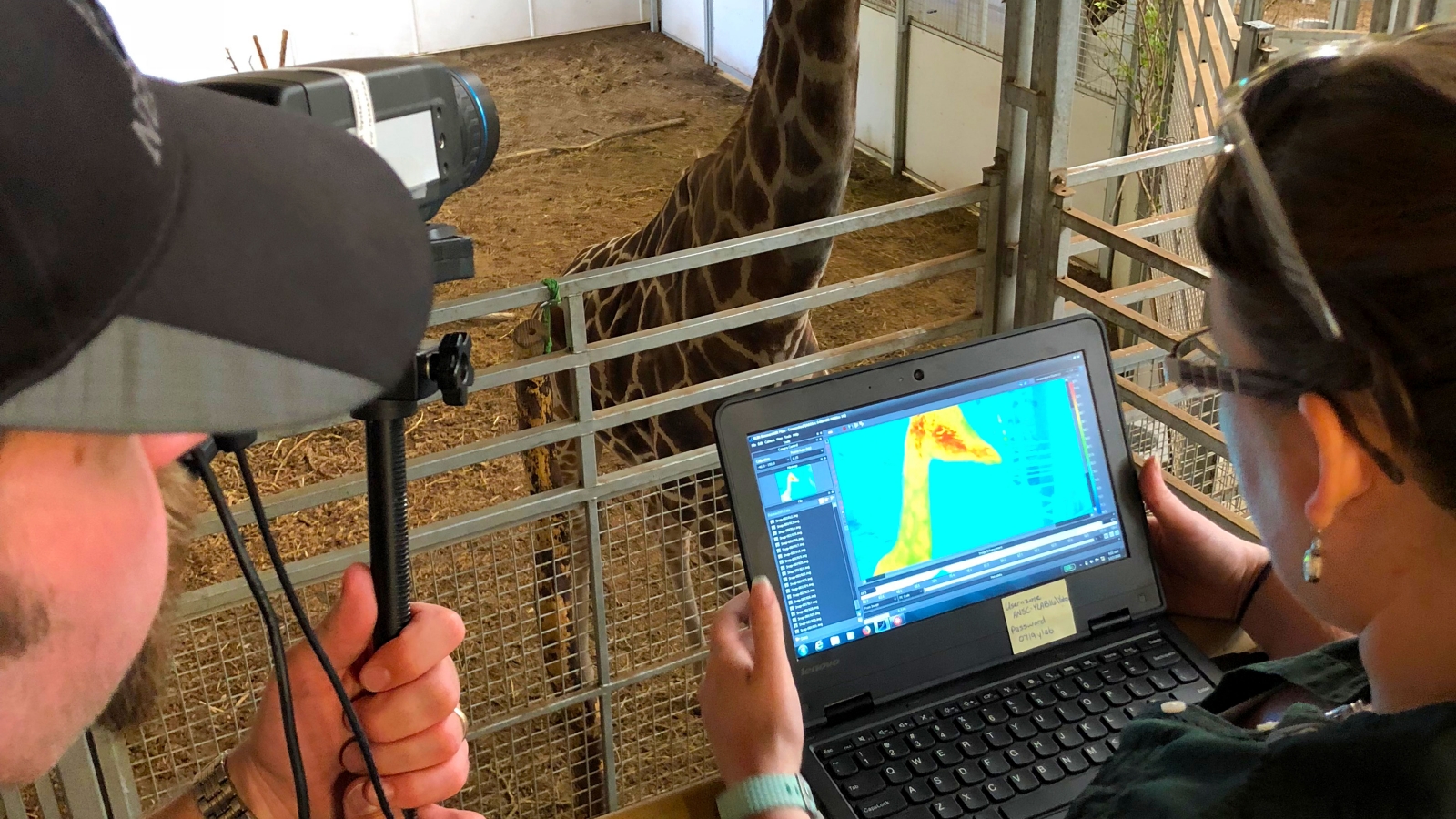The general areas of research in physiology include factors affecting gonadal development (ovarian and testis) and sex differentiation, factors affecting embryo development and reproductive hormone research, and genes regulating egg and sperm function.
Explore Our Labs
Dr. Andrea Cupp's Lab
The Cupp laboratory utilizes animal models to understand mechanisms involved in female and male fertility. Our goal is to better understand infertility disorders and maintain longer reproductive lifespans in several different projects.
Find Out MoreDr. Dustin Yates' Stress Physiology Lab
We study metabolic fetal programming related to maternal stress, placental insufficiency, and intrauterine growth restriction. In humans and companion animals, IUGR-born individuals (~10% of all US-born babies; ~25% worldwide) are at much greater risk for obesity, diabetes, hypertension, and other metabolic disorders that shorten life expectancy and reduced quality of life.
Find Out MoreOngoing Research Projects:
Fertility Research
- Research in cattle can often apply to humans; cattle are good models due to similarities in reproductive cycles, ovary size, hormone secretion, ect. Studies on follicular development and ovulation in the cow aid in understanding ovarian disorders in women.
- Studies are conducted on the effects of hormones, nutrients, and environment on pregnancy outcome in mice and cattle.
- GnRH receptor gene (hormone receptor) research on varying levels is being done in breeds of swine.
Embryonic Development Research
- The role of GnRH and methods to improve early embryonic development are being researched.
- One research goal is finding contraceptive methods that could be used in livestock, humans, and wild animals.
- A more successful way of freezing pig embryos is being researched. UNL is 1 of 10 labs working on this, and has had success of a farrowing sow.
Genetic Alterations Research
- The physiology departments has had success with transgenic mice, mice that have genes inserted similar to the process that is done in plants to make "Round-Up Ready" soybeans or Bt corn, and chiameric mice, mice that contain cells from two different genotypes but are not a crossbred.
- Cell-specific knock-out mice are produced to determine functions of genes in reproductive processes and ovulation rate.
Meet the Faculty
Agricultural Research Division
Supporting the Science to Ensure Resilient Food Systems and a Healthy Global Future
Through the dedicated and innovative work of Faculty and Staff based in 15 Academic Units across the Institute of Agriculture and Natural Resources (IANR) and College of Human Sciences, the Agricultural Research Division is able to help address the grand challenges of global food and water security by working to answer questions important to Nebraska and the World.






